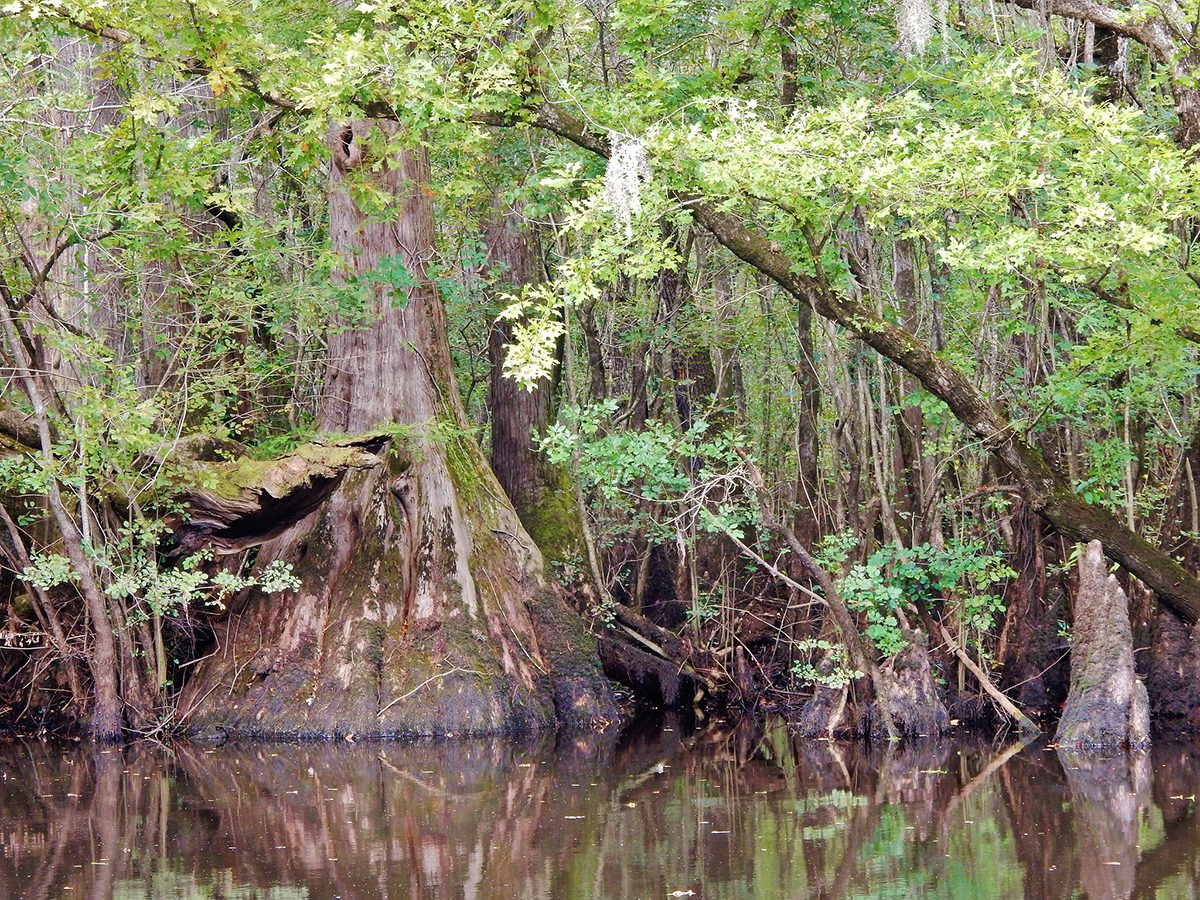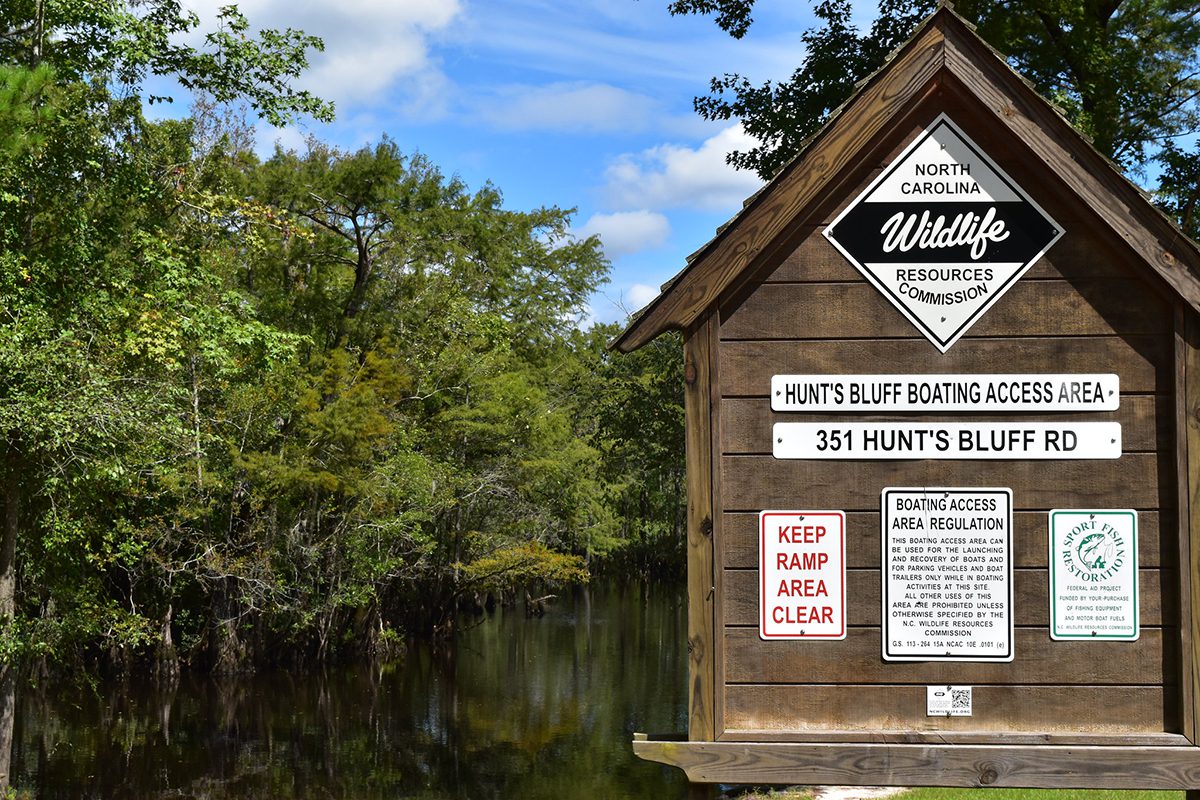
With its rich, tea-colored waters and ancient bald cypress-peppered swamps, there’s something alluring, almost sacred about the Black River.
Stretching more than 60 miles, this river that meanders through portions of rural counties in southeastern North Carolina has much to offer. Paddlers enjoy exploring its majestic swamps. Wildlife in the area draw hunters and fishers to its banks. Conservationists marvel at its majestic bald cypress, the oldest trees in North America east of Nevada.
Supporter Spotlight
The one thing the river does not have is its own advocacy group. But that’s about to change.
The inaugural meeting of the Friends of the Black River will be hosted Tuesday at Moores Creek National Battlefield in Pender County.
Organizers of the newly-formed group hope to build an alliance of organizations and people, particularly those who reside on and near the river’s banks, interested in helping protect the river.

Julie Moore, a botanist and chair of the North Carolina Plant Conservation Program’s advisory board, said the idea is to think about many different ways to advocate for the river.
There is, of course, preservation through buying some of the land along the river.
Supporter Spotlight
More than 17,000 acres is protected within the borders of the Black River Preserve, which includes swamplands that are home to some of the oldest bald cypress trees affectionally called Three Sisters.
“The Nature Conservancy is doing a good job with buying the land at the swamp land and some uplands, but it’s what goes on in those adjacent uplands that can make a difference,” Moore said.
Whether it’s the young blueberry farms that are cropping up on the upstream landscape, or industry eyeing land to set up shop along the river banks, different things that could possibly affect the river require different ways to advocate for it, she said.
“We need people who are on the scene to watch those things, to go to county meetings and understand what’s happening. I think local people make the best advocates. People need to look after what’s in their backyard. You can’t expect a federal agency or state agency to do all the care that’s necessary for an area and that’s over 50 years of my observation. So, I think having local people on the scene, they can see if there’s dumping or illegal activities,” Moore said.
The idea behind Friends of the Black River was born a year ago under the backdrop of a bald cypress aptly named “Methuselah,” a tree estimated to be about 1,700 years old.
As Southern Conservation Partners, Inc. President Chuck Roe tells it, he and Moore were among a handful of people who had kayaked a portion of the river taking respite on a river sandbar under the tree.
The conversation that ensued that day was one of concern about the river’s long-term security.
“Our Black River has the most extensive surviving expanse of old growth swamp forest left in North America,” Roe said. “Some have described the Black River as a river that saved itself because it was so shallow and meandering that it was not conducive for channelizing and commercial industrial use, and so it had the good fortune to survive and its natural communities to survive.”
That’s where the idea of an advocacy group was born.
Southern Conservation Partners, an all-volunteer, nonprofit that helps local communities across the southern U.S. protect, restore, and enhance environmental resources, put up the funds to create https://www.blackriverfriends.org.
The URL for “Friends of the Black River” was already taken by another group advocating for a Black River in a different state.
The first meeting of the North Carolina edition of Friends of the Black River will be hosted at around 3 p.m. following the meeting of the Cape Fear Arch Conservation Collaboration, which starts at 10 a.m.
Speakers at the Cape Fear Arch meeting will include a representative of the Coharie Tribe, North Carolina Coastal Land Trust staff, The Nature Conservancy, and Dr. David Stahle, University of Arkansas distinguished professor of geology who discovered the Black River’s ancient trees.
Both meetings will be held in Patriots Hall, 40 Patriots Hall Drive, Currie.







